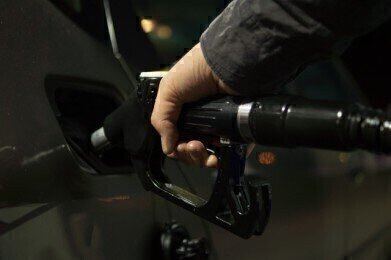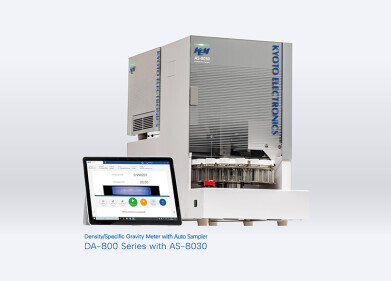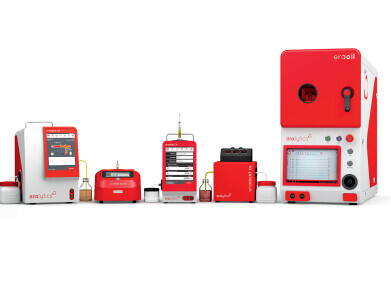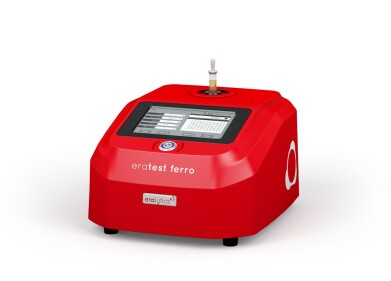Analytical Instrumentation
Could Filling Up Be Making You Ill?
Sep 18 2016
Some try to avoid it and wait until it’s essential. Some think it’s best to do it more often – before you need to. But it’s something all drivers have to do. Of course, we’re talking about filling up. It’s become a daily occurrence for some people and - compared to some other chores – it’s quick and easy. But could your visit to the petrol station actually be causing you a bit more damage than you think? Read on for the latest information.
A price to pay
As petrol prices fluctuate, you might think we’re talking about the financial damage of a visit to the petrol pump. You might also think we’re referring to the air pollution in a petrol station’s immediate environment. In both cases, you could have a point. However, in this instance, we’re concerned with the germs on the pump.
A study by travel-booking site Busbud, found that the average petrol pump handle had more bacteria than a toilet. Marginally? If only. By collecting bacteria from six fuel stations they actually discovered over 11,000 times the bacteria levels you would find on a toilet seat. The buttons on the machines were even worse, with around 15,000 times the toilet bacteria.
The consequences
Unfortunately, these aren’t the harmless germs you might hope for. Gram-positive cocci, found on the pumps and buttons, is known to cause a number of skin infections. It can also lead to pneumonia and toxic shock syndrome (TSS) – both of which can be life threatening. Gram-positive rods such as bacilli were also found in the samples, which can contribute to a number of less serious – yet still irritable – infections like food poisoning.
The most alarming of the findings was a small percentage of gram-negative rods. With a likely resistance to antibiotics, these bacteria have been known to cause serious infections like meningitis. What’s worse is that these germs can then be transferred to other people through contact. It seems the only advice is to wash your hands afterwards and where possible avoid contact with the pumps. Paper towels, anyone?
Petrol risks
It’s not just germs from the pump we need to be aware of. There’s a growing concern of benzene exposure in filling stations. The chemical compound, found naturally in petrol, can lead to bone marrow damage and consequently leukaemia. So it’s essential to measure petrol’s benzene levels in order to avoid or at least minimise exposure. ‘Benzene – Measurement of ppb levels accurately in real time’ explores the regulations and efficient measurement techniques.
Digital Edition
PIN 25.1 Feb/March
March 2024
In This Edition Safety - The technology behind the ION Science Tiger XT - Safety with ammonia and LOHCs as hydrogen carriers Analytical Instrumentation - Discussion on new tribology te...
View all digital editions
Events
Apr 28 2024 Montreal, Quebec, Canada
Apr 30 2024 Birmingham, UK
May 03 2024 Seoul, South Korea
May 05 2024 Seville, Spain
May 06 2024 Riyadh, Saudi Arabia


















